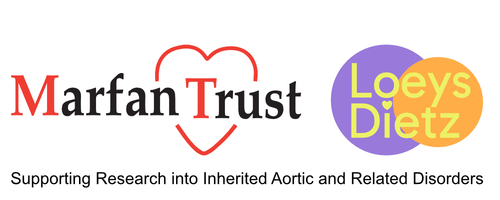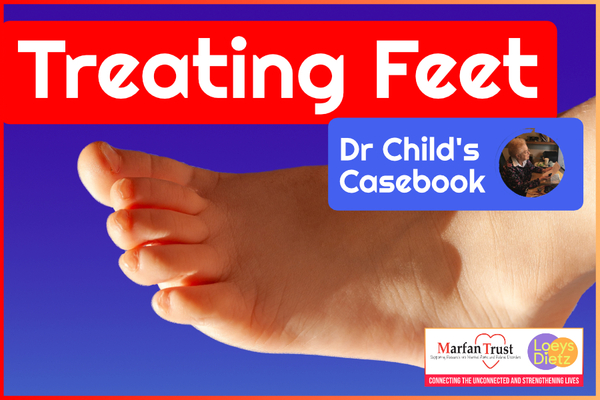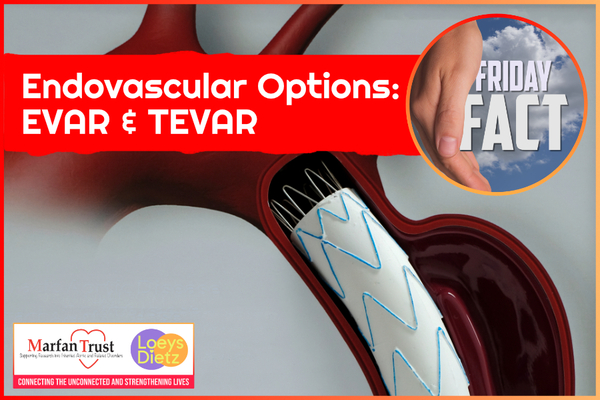A stark Friday fact created in response to an alarming article in the Guardian on the devastating consequences of failing to give dental patients with heart conditions antibiotic cover. Infective endocarditis is a risk that can be minimised by a simple prescription. Order your alert card today.
(The article in the Guardian was written in response to a Lancet article).
What is Endocarditis?
Endocarditis is inflammation of the inner lining of the heart, the endocardium. The endocardium includes the inside of the heart chambers and the heart valves. Endocarditis is a serious condition usually caused by bacterial infection, hence the term Infective Endocarditis (IE).
What are the Symptoms?
Flu-like symptoms
Fevers
General malaise
If you are a person at high risk of IE and have these symptoms for more than 7 days for no obvious reason you should visit the GP or contact your specialist cardiac team.
High Risk
- People who have previously had IE
- People who have a prosthetic heart valve replacement or a heart valve repair with prosthetic material
- People with certain types of congenital heart disease (problems they were born with)
What do you need to do?
The aim is to prevent bacteraemia (bacteria in the blood) that can cause IE. Some of the common routes for bacteria to enter the blood are via the mouth or skin:
- Maintain good dental hygiene
o Brush teeth twice a day
o Floss daily
o Visit the dentist for regular check ups
- Maintain good skin hygiene
o Try and prevent areas of broken skin
o Look after any wounds carefully
o Check for signs of infection in wounds (redness, swelling, pus, heat)
o Avoid tattoos and piercings
You may need a procedure which increases the risk of bacteraemia e.g. dental surgery or an investigation e.g. a colonoscopy.
Tell your dentist or your specialist that you are at high risk of IE and require ‘prophylactic antibiotics’ for some procedures. This is a dose of antibiotics given around 1hour prior to a procedure to reduce the risk of infection.
Your cardiologist or cardiothoracic surgeon should have told you if you are at high risk of IE and will usually have given you an alert card to carry. You can also carry the card we have developed. If you or your specialist are in any doubt about whether you require prophylactic antibiotics, they should contact your cardiologist who will be able to provide further advice.
The most up to date guidelines for doctors to refer to (ESC (2023) ESC Guidelines for the management of endocarditis) are here.









